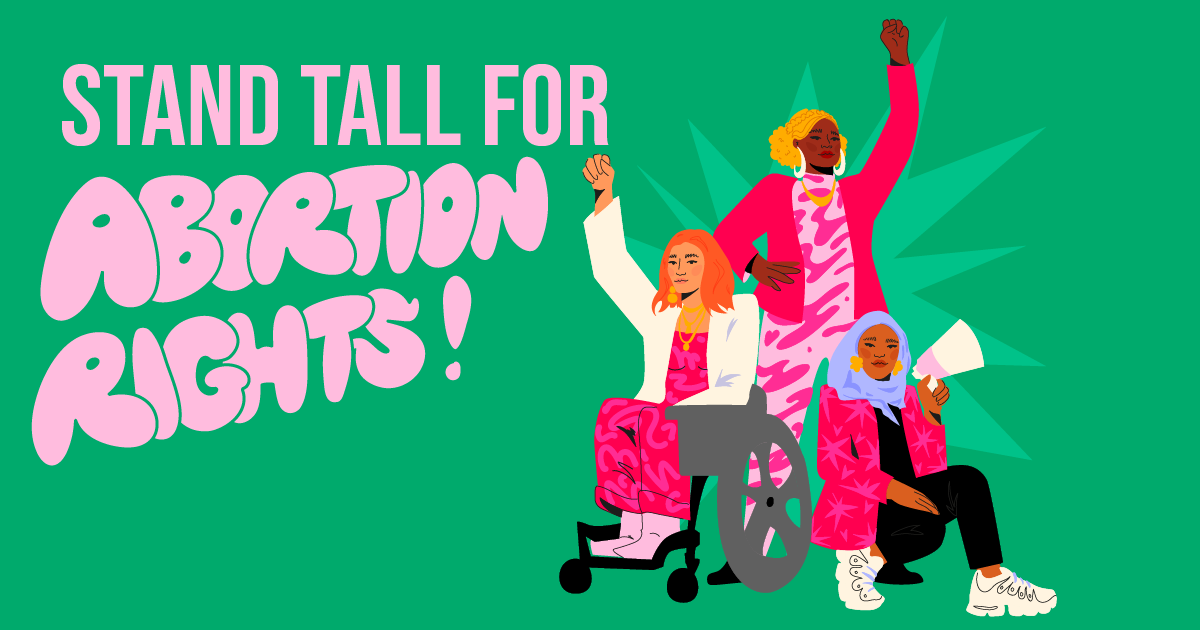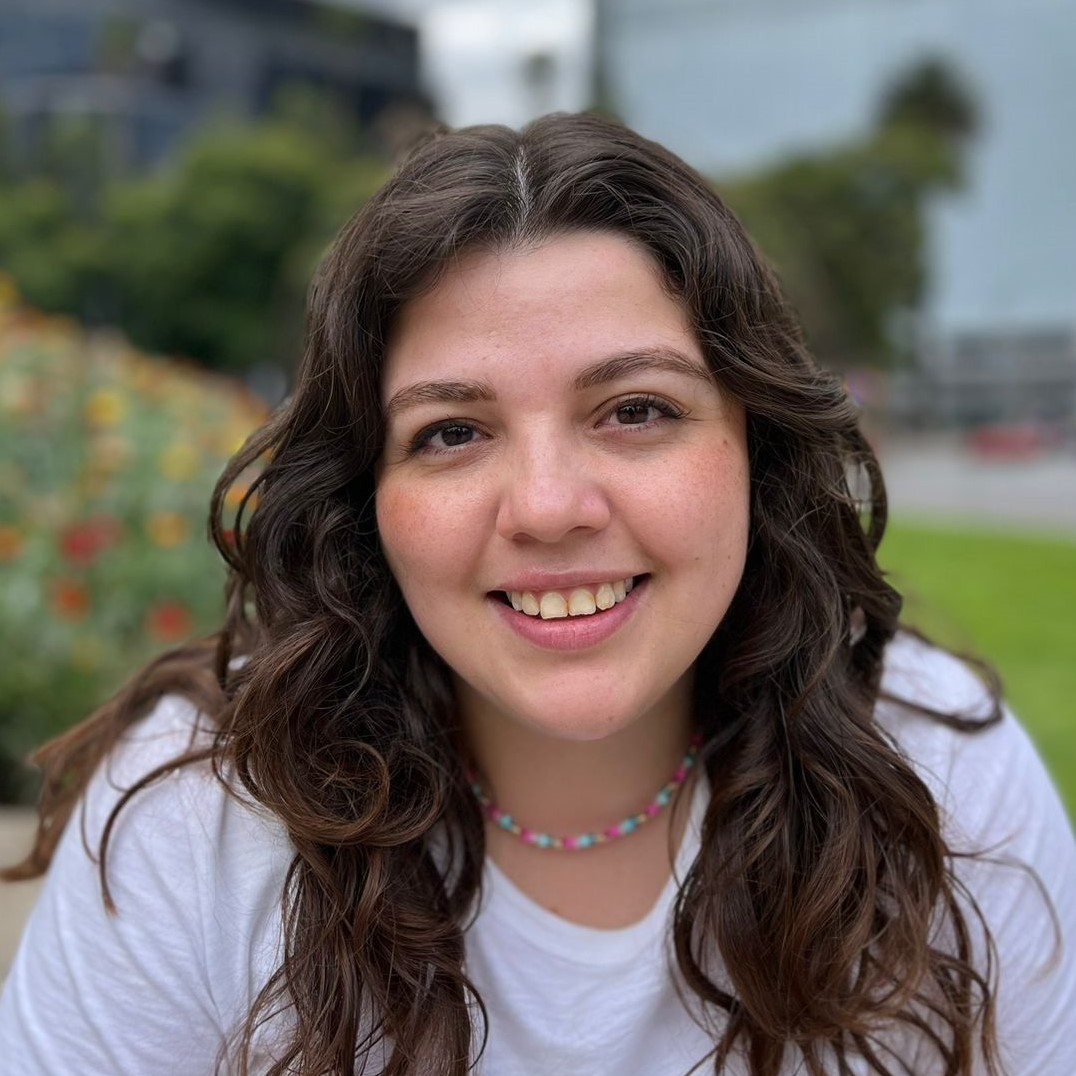
Andrea is the Senior Social Media Officer for IPPF ACRO. She is a Mexican feminist passionate about finding new ways to fight stigma and uplift bodily autonomy for girls, women, trans folks and non-binary people through communication strategies. She believes that by embracing the diversity throughout and within our movements it is possible to advance narratives that strive for gender equality, collective care, and social justice.
Articles by Andrea Alcala

Let the Green Wave wash over Mexico
On September 6, news platforms erupted with the headlines: “Abortion has been decriminalized throughout Mexico,” “Supreme Court decriminalizes abortion at the national level,” “Abortion is legal throughout Mexico.” As we approach September 28, the Global Day of Action for Access to Safe Abortion, these words resonate powerfully. We clarified what we know so far about the precise implications of this monumental development in Mexico in an Instagram reel, but it's crucial to also take this chance to reflect on why celebrating our triumphs is vital to the global movement for sexual and reproductive health, rights and justice. The Mexican Supreme Court’s landmark decision to declare the criminalization of abortion as unconstitutional comes in the wake of the Green Wave movement that has washed over Latin America in the last few years. Argentina became the first country in the region to legalize abortion in 2020, forming the movement that has paved the way for other countries including Colombia, Bolivia, Chile, and now Mexico, to either fully decriminalize or greatly expand access to abortion. IPPF’s Member Associations including Profamilia in Colombia, Colectivo Rebeldía in Bolivia, APROFA in Chile, and MexFam in Mexico, have been tirelessly defending and promoting the full spectrum of sexual and reproductive health and rights, and I am thrilled to celebrate this latest victory for the Green Wave movement in my home country, Mexico. Seeing the coordinated efforts of these organizations translate into positive Court rulings to provide access to safe abortion services is hugely rewarding. It is also essential to recognize that local efforts are intricately connected to the recognition of our rights on regional and global levels. Take, for example, the public statement from the Mexican Supreme Court: “Criminalization of abortion constitutes an act of gender-based violence and discrimination, as it perpetuates the stereotype that women and people with the capacity to get pregnant can only freely exercise their sexuality to procreate and reinforces the gender role that imposes motherhood as a compulsory destiny.” This progressive use of rights-based, inclusive language is no happy coincidence – it was the result of years of campaigning from activists around the world to shape a societal narrative that supports abortion rights and bodily autonomy for everyone, everywhere. Our ability to learn, support, mobilize, and celebrate together is one of our movement's greatest strengths.









